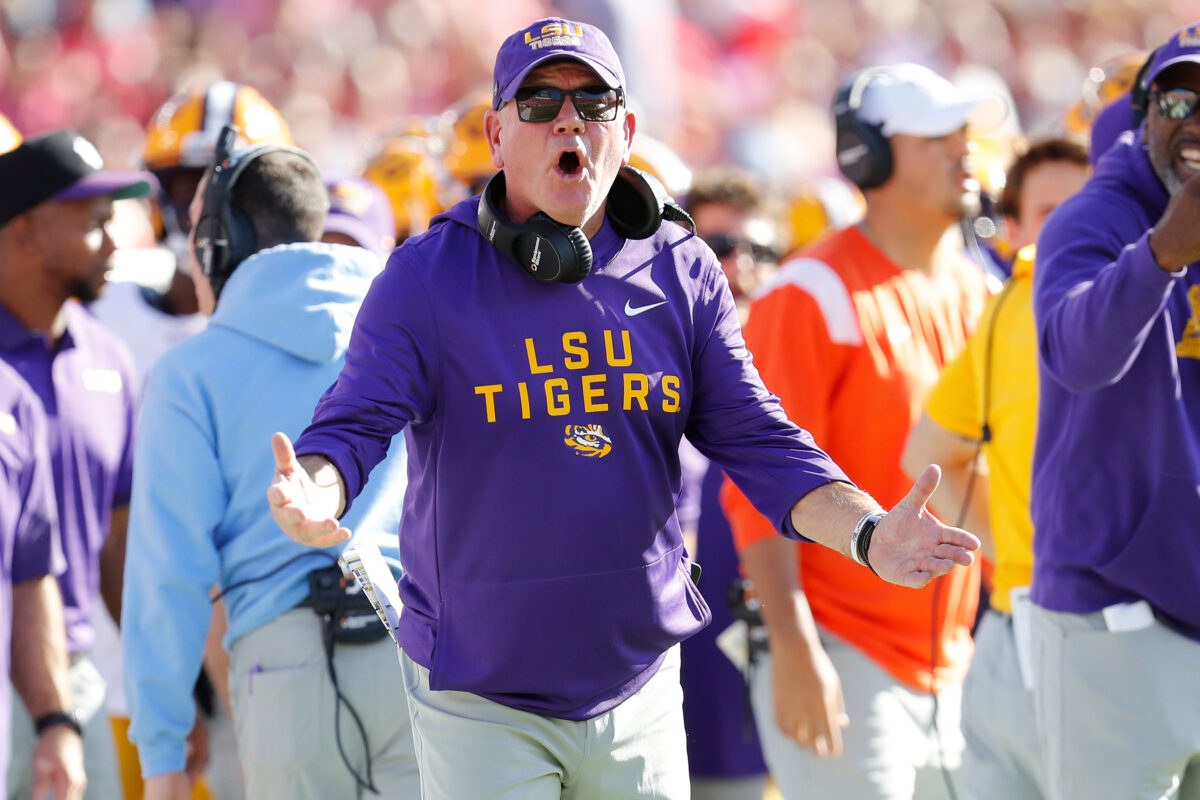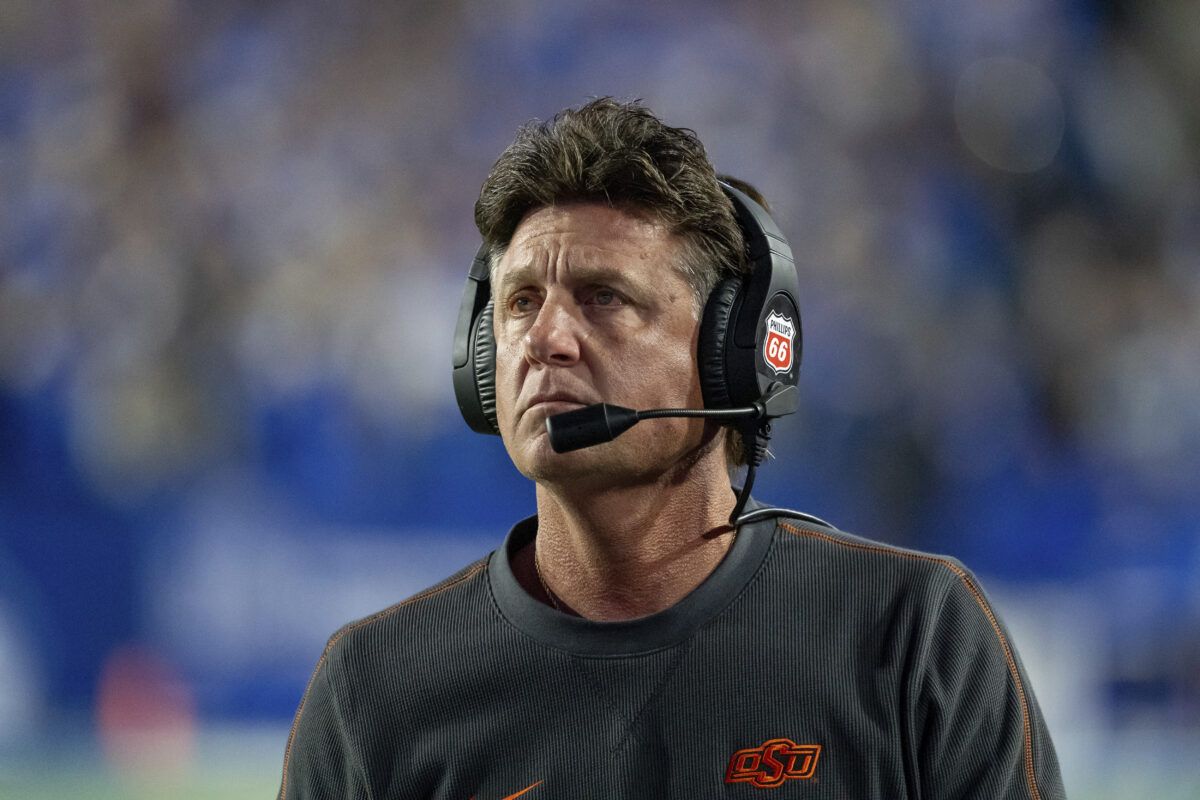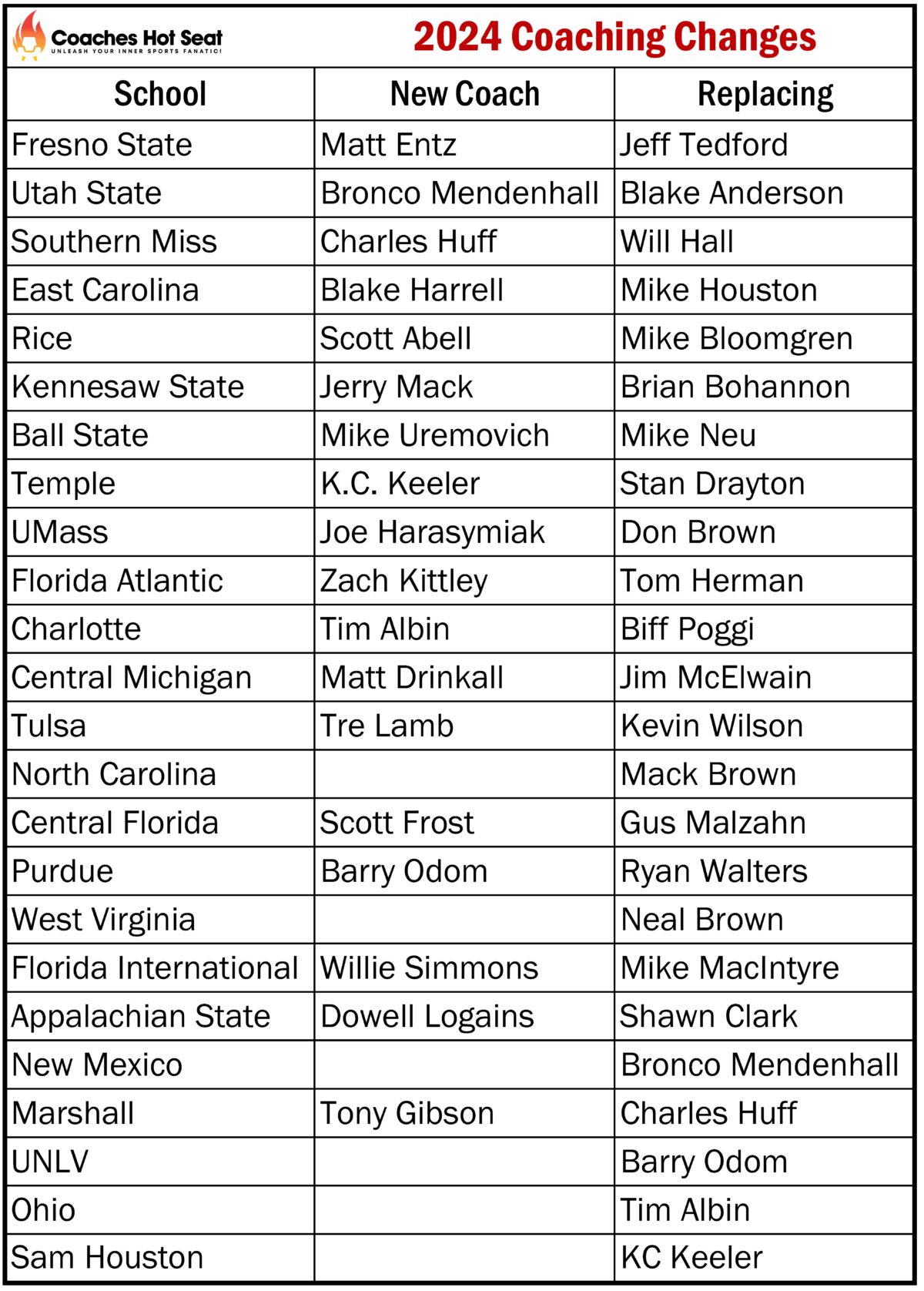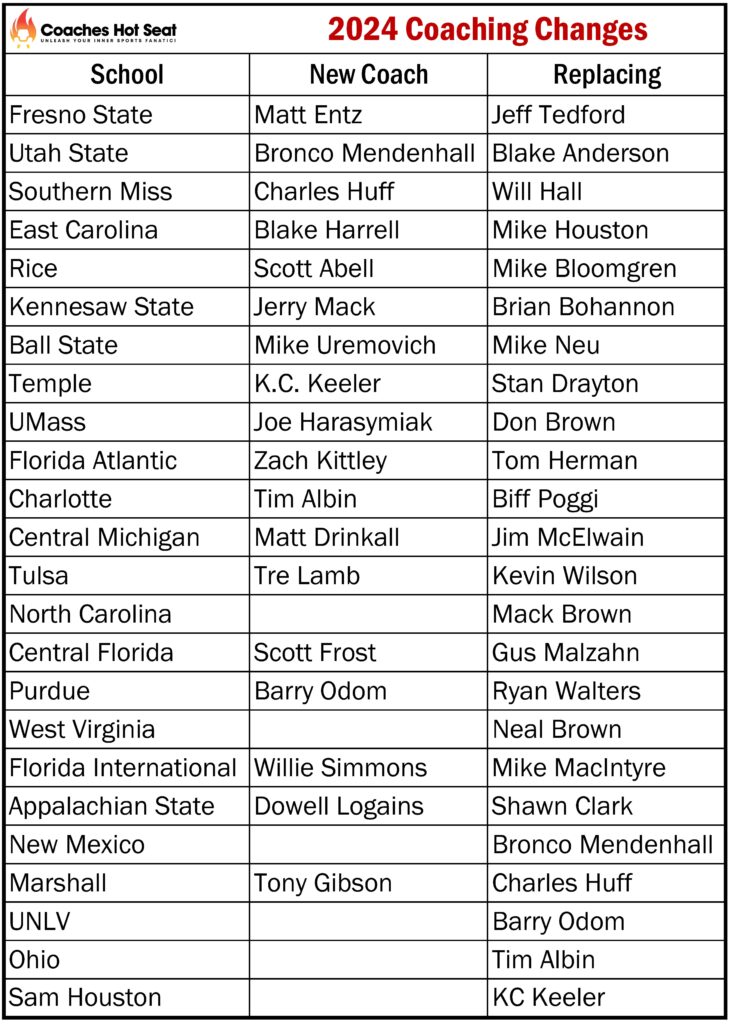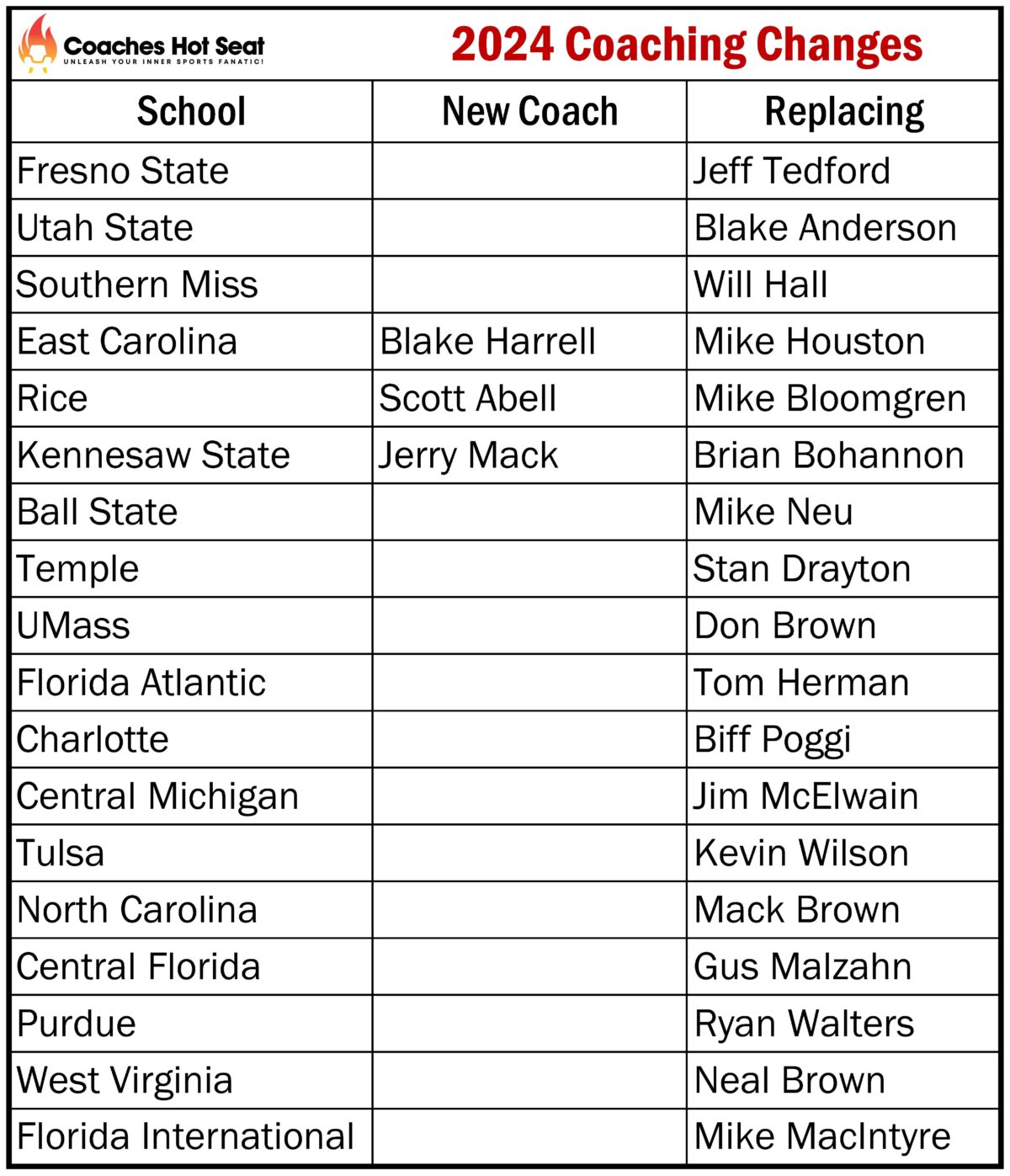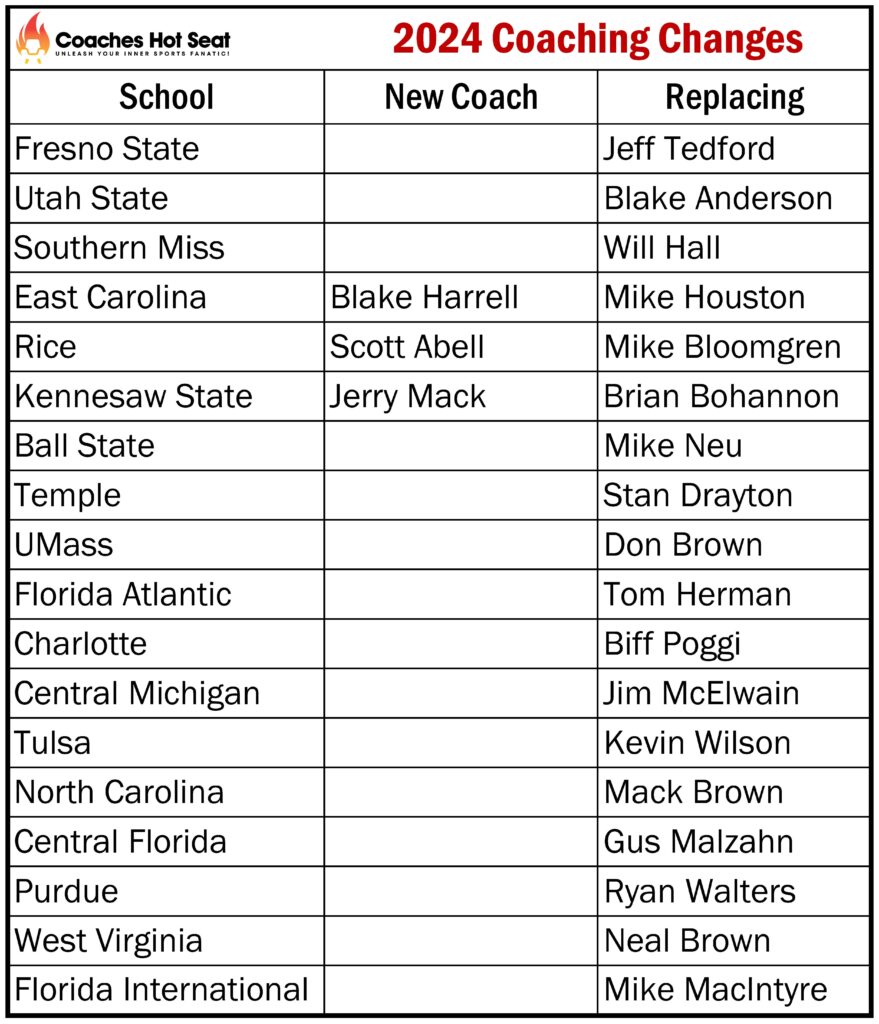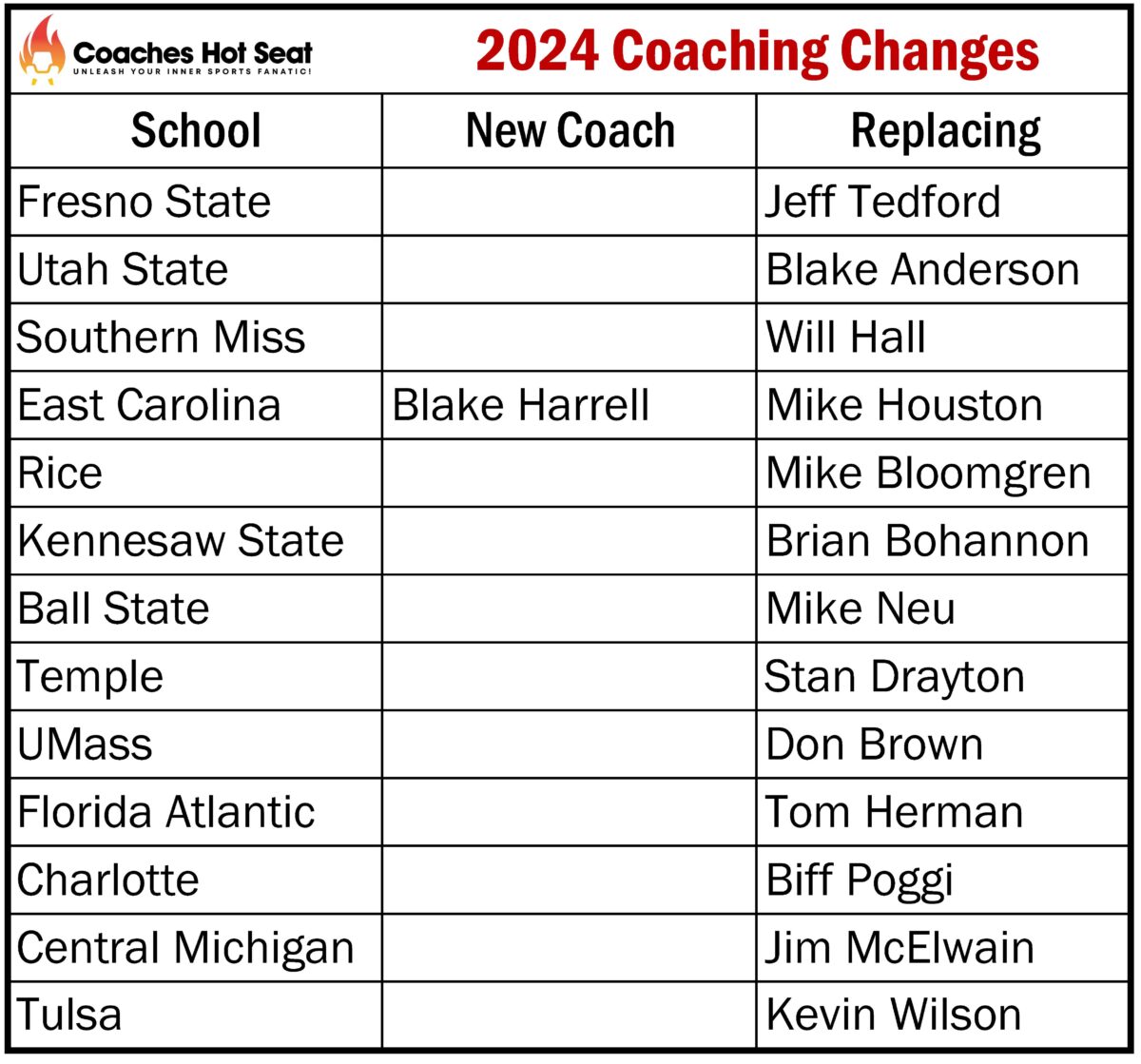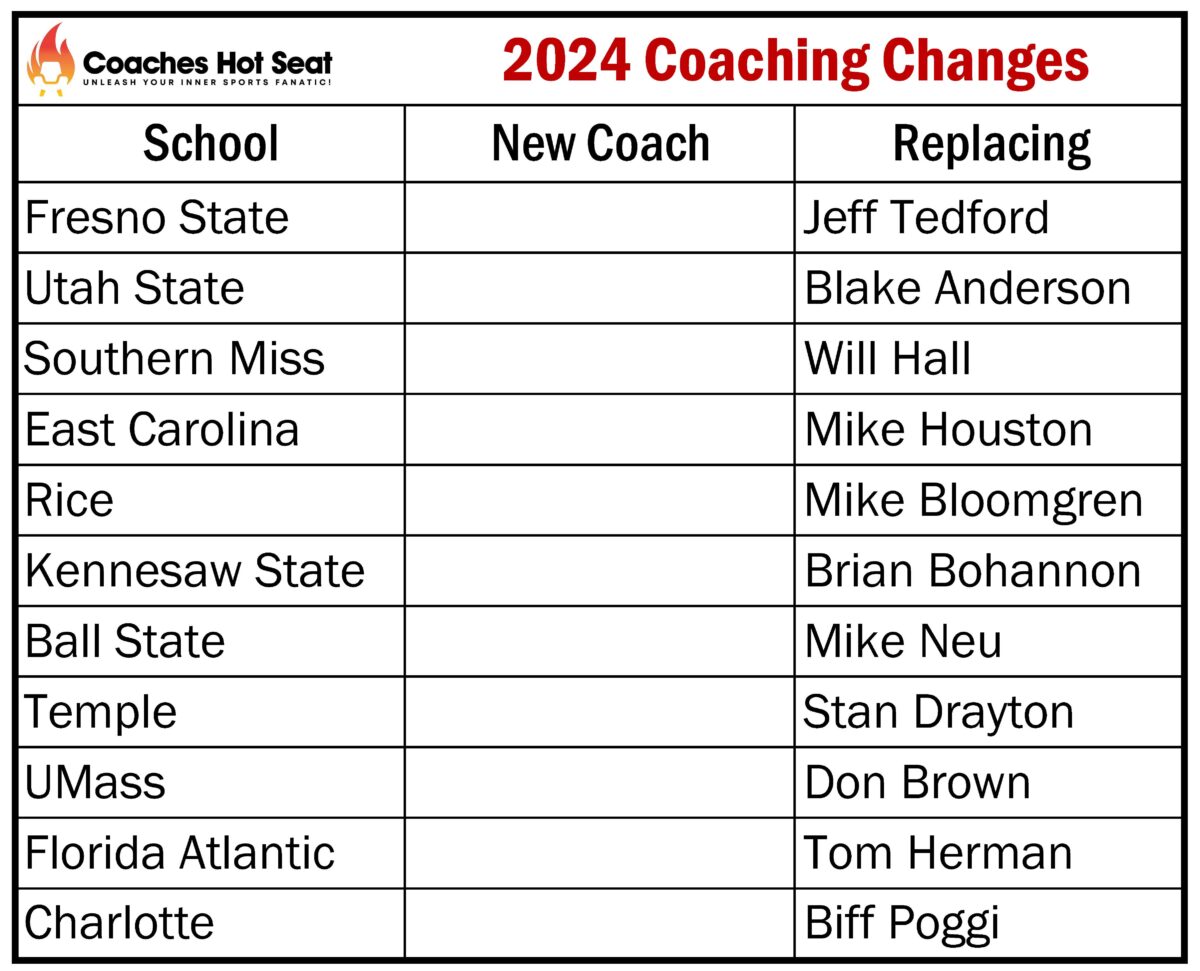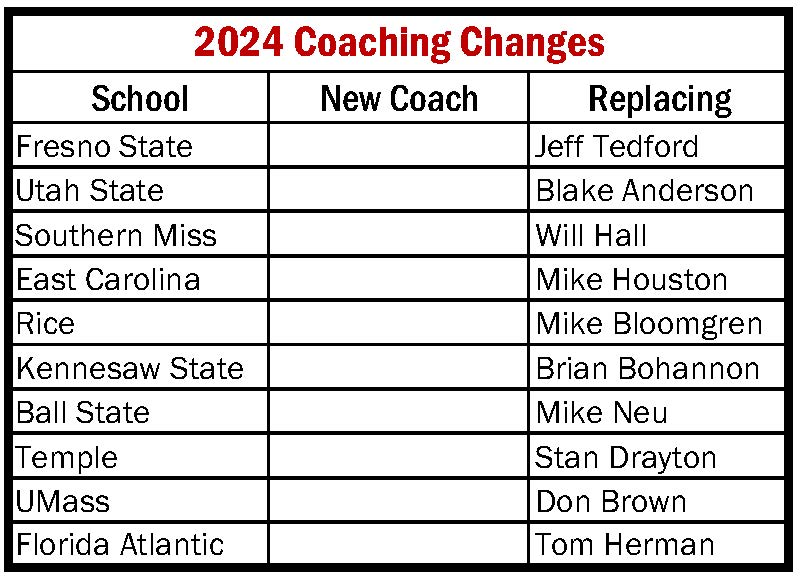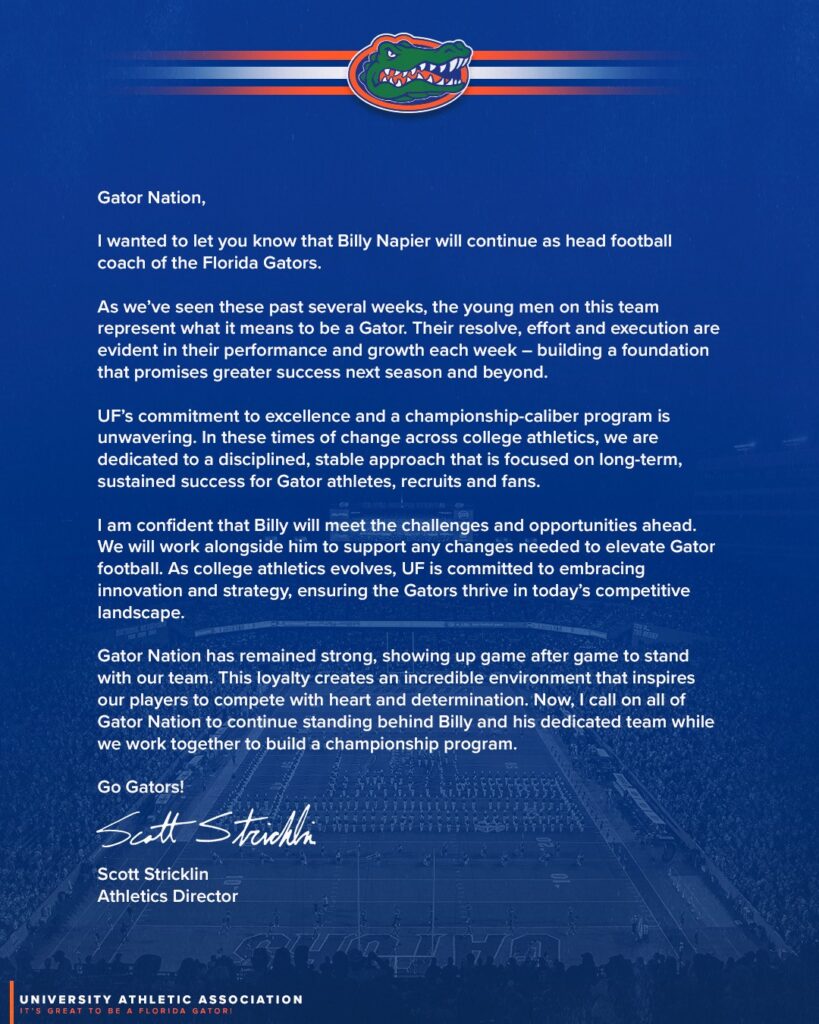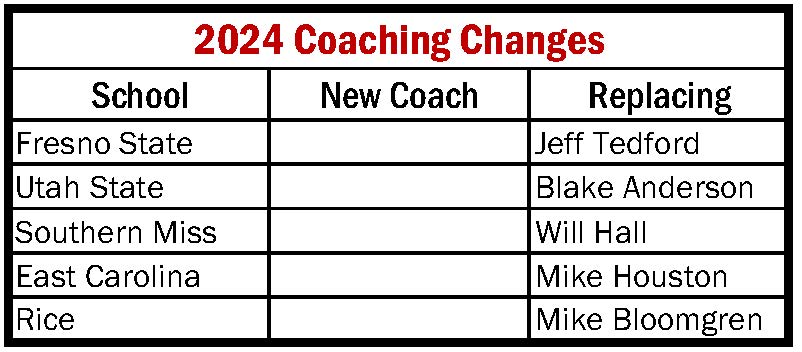Blog Article
Brian Kelly Is Out at LSU—And the Coaching Carousel Just Got Absolutely Insane
The coaching carousel just claimed its biggest name yet.
Brian Kelly is out at LSU. Fired. Done. Less than 24 hours after a humiliating 49-25 home loss to Texas A&M—after running into the locker room while students chanted “Fire Kelly,” after being forced to come back out and sing the alma mater with his players—LSU finally pulled the trigger. But this wasn’t a simple firing. This was a full-blown confrontation that spiraled out of control.
Here’s what happened.
The Dramatic Showdown That Ended It All
Sunday afternoon, according to The Athletic’s Bruce Feldman and Ralph D. Russo.
Brian Kelly and athletic director Scott Woodward meet. Woodward wants staff changes. Specifically, he wants Kelly to fire offensive coordinator Joe Sloan. LSU’s offense ranks dead last in the SEC in rushing. Something has to give. Kelly fires back. If we’re making staff changes, he says, I want to make different changes. Ones Woodward isn’t comfortable with.
Things get tense.
The conversation escalates. Kelly pushes back hard against his boss. Threats about negotiating Kelly’s $53 million buyout come up. But there’s a question: will the LSU Board of Supervisors even give Woodward the authority to do that?
By Sunday night, it’s over.
Kelly is out. A team meeting is called for 8 p.m. Associate head coach Frank Wilson is named interim head coach. Tight ends coach Alex Atkins will take over play-calling duties. And on Monday morning, LSU announces they’ve fired Sloan anyway. “When Coach Kelly arrived at LSU four years ago, we had high hopes that he would lead us to multiple SEC and national championships during his time in Baton Rouge,” Woodward said in the release. “Ultimately, the success at the level that LSU demands simply did not materialize.”
Translation: You didn’t win enough.
The Wildest Coaching Carousel Year in Recent Memory
But here’s the thing: Kelly isn’t the only one.
This has been one of the most chaotic coaching carousel seasons in years. Jobs are opening everywhere:
- Penn State
- LSU
- Florida
- Oklahoma State
- Arkansas
- Virginia Tech
- UCLA
- Stanford
And that’s just so far.
Florida State and Oklahoma could be next. Maybe others. The competition for top candidates is going to be insane. Top-tier schools like Florida, LSU, and Penn State are in their own tier—massive resources, elite NIL, phenomenal facilities. But even they’re going to have to pay up. Big time.
Agents are salivating.
Salaries are about to get wildly inflated. And how many of these coaches will actually complete their contracts without needing to be bought out? History says not many. But here’s the question nobody wants to ask: Who are these schools actually going to hire?
And that leads to an even more uncomfortable question for programs down the ladder.
If You’re Cal (Or Nevada, Or Louisiana Tech), What Do You Do?
Let’s talk about the schools further down the food chain for a second.
If you’re Cal, what do you do? Justin Wilcox has been there for nine years. No winning seasons since 2019. The program is stuck in mediocrity. Do you fire him and jump into this insane market where every coach’s price just tripled? Do you keep investing in a guy who hasn’t delivered? If you’re Nevada, do you pay the $2.7 million buyout for Jeff Choate and try to compete with Penn State and LSU for the same candidate pool? If you’re Louisiana Tech, do you cut ties with Sonny Cumbie and hope you can find someone better in a market that’s about to be picked clean?
The reality is brutal.
The top jobs are going to snap up the top candidates. Everyone else will be fighting over the scraps. Or they’re going to have to roll the dice on assistant coaches and hope they hit on the next Cignetti. Schools like Vanderbilt, Missouri, Tulane, North Texas, Memphis, Wake Forest, and Boise State have coaches who are prime poaching targets. And they won’t have the money to keep them if the big boys come calling.
It’s a bad year to be a mid-tier program with an up-and-coming coach.
So, Who Is LSU Going to Get That’s Better Than Brian Kelly?
Which brings us back to the biggest question of all.
Think about Kelly’s résumé for a second:
- Two Division II national championships
- Took Cincinnati to 11-1 and a top-4 finish
- Took Notre Dame to two national championship games
- Ten top-25 finishes at Notre Dame, half of them in the top 10
- Won 10 games in each of his first two seasons at LSU with top-15 finishes
- Won 9 games last year
- On pace for 8 wins this year
That’s not a bad coach.
That’s an excellent coach who didn’t meet LSU’s sky-high expectations. So who’s the upgrade? The names being thrown around: Lane Kiffin, Marcus Freeman, Brent Key, Eli Drinkwitz, Jon Sumrall. Are those guys sure things? Are they going to be infinitely better than Kelly?
Nobody knows.
LSU is about to spend $100 million (or more) buying out Kelly and his staff, then funding a new coaching staff, to get someone who might be better. It’s a massive gamble. Here’s the reality: You’re going to spend probably $100M buying out your previous coaching staff and funding your new one to get someone that isn’t necessarily a sure thing. It’s not like Brian Kelly was going 4-8.
And here’s the kicker.
Unless LSU is bringing back Nick Saban, Chris Petersen, or Urban Meyer from retirement, there isn’t a candidate out there who’s a sure thing. Lane Kiffin is going to make a fortune – either from Ole Miss giving him a massive raise to stay, or from one of these desperate schools throwing ridiculous money at him. Brian Kelly won’t be out of work long. Neither will James Franklin, who Penn State moved on from. They’re outstanding coaches. The problem is they weren’t great enough for programs with championship-or-bust expectations.
And that’s the new reality of college football.
What’s Next?
The carousel is spinning.
Fast. More jobs will open. More coaches will get massive paydays. More schools will regret the contracts they’re about to hand out. In about four years, a lot of these fan bases are going to be asking: “Why did we give him that contract?!”
But right now?
It’s chaos. And LSU is right in the middle of it.
Stay tuned.
